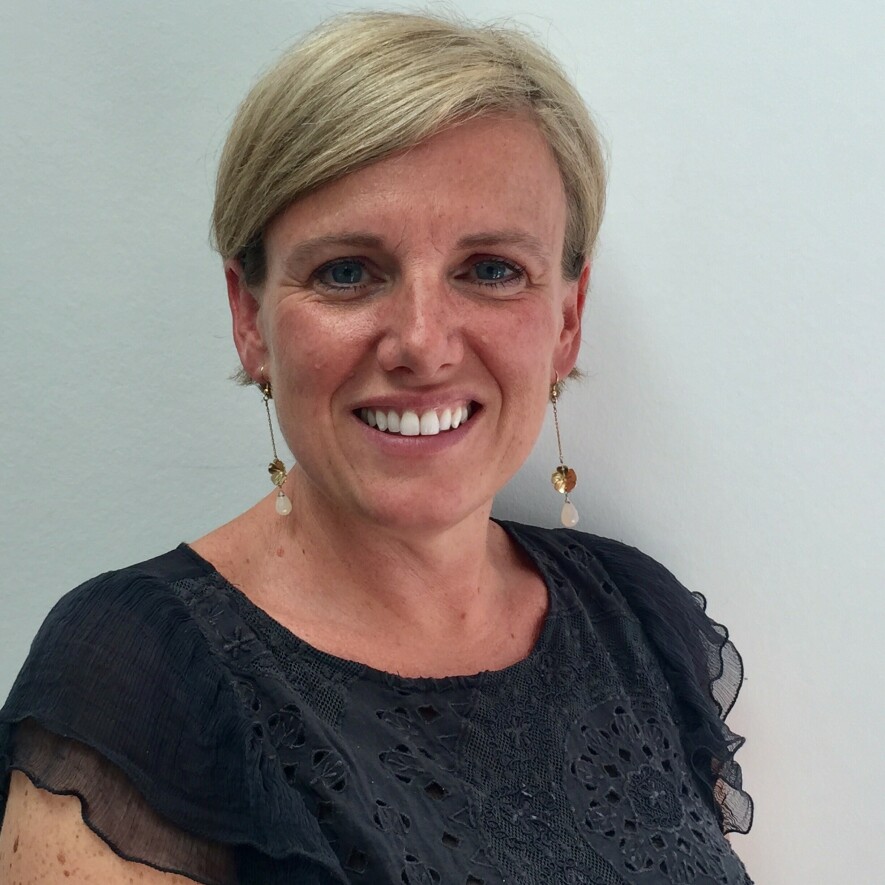In the lead
Maastricht University’s Leadership Academy promotes leadership skills across its academic and support staff at many different levels and career stages. Ann Vanderhaeghe talks about the team’s approach, their offer and the larger debate about leadership culture.
In a recent conversation [intranet only], UM President Rianne Letschert and the Dean of the Faculty of Psychology and Neuroscience, Harald Merckelbach, opened up about their challenges when it comes to being good leaders. They also explained how the Management Team (the Executive Board, the Vice-Rector for Education and the faculty deans) is developing a vision for improving leadership skills among themselves and across the university. One of the main pillars of their strategy is the Leadership Academy (LA), which offers a wide variety of trainings, coaching and more.
UM’s LA is now a team of five people led by programme manager Ann Vanderhaeghe. The academy is rooted in the nationwide Recognition & Rewards initiative, which tries to diversify the criteria by which academic staff are judged, allowing people the choice to focus more on education, patient care and leadership, rather than just to research. In order to develop those different talents, a cultural change is needed. This goes hand in hand with investing in a different kind of leadership.
Tailored to people’s needs
“Rianne is very passionate about Recognition & Rewards and she has really supported what we do,” explains Vanderhaeghe, “without her – and the work of the taskforce Professional Leadership Development – none of this would have been possible.” The LA has been a resounding success. In just over a year, it has organised nine masterclasses, i.e. short courses ranging from an hour to a half a day, as well as five different leadership programmes, structured courses spanning up to ten days. Thanks to a communication offensive, 793 people so far have followed their various learning interventions.
What the Leadership Academy offers
The LA offers training on a wide range of topics including team management, result oriented leadership, sustainable employability as well as communication and conversation techniques. Courses like team dynamics, navigating change, feedback as a gift, leadership communication and know yourself to inspire others were particularly popular. “We wanted to make sure we offer content and formats that corresponds to our community’s needs.” Vanderhaeghe also stresses that UM already had quality training around leadership – just not systematic. Following an inventory of existing trainings by the Staff Career Centre and the faculties, the LA talked to stakeholders and conducted focus groups. They also conferred with other Dutch universities.
“One of the things we found is that, since cooperation and interdisciplinarity is so important, the separation between faculties as well as between academic and support staff is outdated and impractical – pretty much everyone agrees on that.” To determine the most relevant content, organisational needs and types of learning interventions, the LA and UMIO, the executive branch of the School of Business and Economics, held co-creation sessions with the identified target groups. They also consulted with other with other key policy areas at UM, such as social safety, diversity and inclusivity as well as sustainable employability.
A safe comfortable atmosphere
The academy chose the most highly rated trainers from the professional networks of UMIO and the academic hospital MUMC+, but also relied on recommendations from other universities, companies or governmental organisations in the region. “We also called on internal experts when we felt it was safe – but you have to keep in mind that learning about these things always feels vulnerable and we want to make sure we create a safe, comfortable atmosphere. Sometimes an external party is more conducive to that.”
“Of course, we want to keep improving and refining our offer, so we collect as much feedback as we can to monitor and evaluate our impact.” Building on the promising results of the first year, the LA not only wants to iterate what they do but also have a broader effect. “The aim is a cultural change where we have a common language and culture around leadership. That also allows for more informal learning, reflection, feedback and exchanging experiences.”
For yourself and those around you
This aspect, building a university-wide network of people facing similar challenges, emerges time and again as a major secondary benefit of attending the LA’s offer. This aspect also emerged from Letschert and Merckelbach’s conversation, as did the need to start reflecting on leadership well before one finds oneself in a position to be responsible for other people’s flourishing.
“We still have many plans for the future. We intend to contribute to a learning culture at UM by facilitating informal learning. We want to expand the offer with inspiration sessions and, finally, we want to start diversifying for specific target groups within the leadership community.”
The LA, says Vanderhaeghe, sees leadership development as part of everyone’s personal growth trajectory. Thus they continue to find better ways to provide people with the skills to manage themselves and others. “On the whole, I’m really proud of the diverse high-quality programme we’ve put together and the momentum and enthusiasm we have created for it,” concludes Vanderhaeghe. She encourages everyone to give it a go: “Do it for your own sustainable success and for those around you.”
Text: Florian Raith

Ann Vanderhaeghe, Project Manager Leadership Academy at the Staff Career Centre